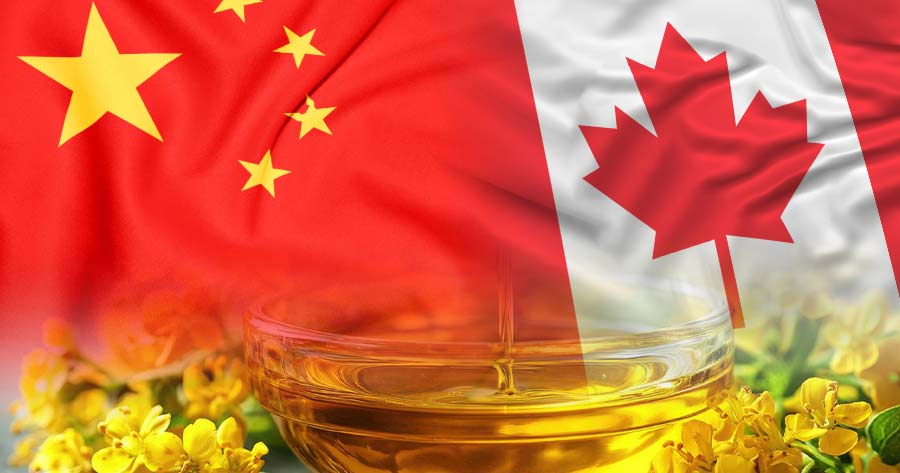On Monday, China launched a year-long anti-dumping investigation into the imports of rapeseed from Canada, with immediate effect and an anticipated conclusion before September 9, 2025. The investigation was initiated shortly prior to Canada’s 100% tariffs imposition on electric vehicles (EVs) and other products made in China.
In recent weeks, Canada, the United States and the European Union decided to levy tariffs on the import of EVs originating from China, commencing on October 1. The development spurred trade tension between the world’s second largest economy and the West.
China’s Ministry of Commerce stated that the inquiry will look into imports from January 1 to December 31, 2023, with preliminary evidence showing dumping of canola oil.
Canadian Minister of Agriculture Lawrence MacAulay emphasized Canada’s commitment to “rules-based trade,” highlighting that the country’s products adhere to stringent standards and are subject to robust inspection systems.
Meanwhile, in an attempt to avoid a trade war, Chinese President Xi Jinping held discussions with Spanish Prime Minister Pedro Sanchez on Monday.
Sanchez believed that the trade war would not be advantageous for any party involved and emphasized the importance of establishing fairer competition with collaboration with Chinese companies.
Over fifty percent of the rapeseed exported by Canada is destined for China. As the largest importer of oilseeds globally, China procured 5.5 million metric tons of canola in 2023, amounting to $3.72 billion in value. Imports from Canada constituted 94% of the overall quantity.





